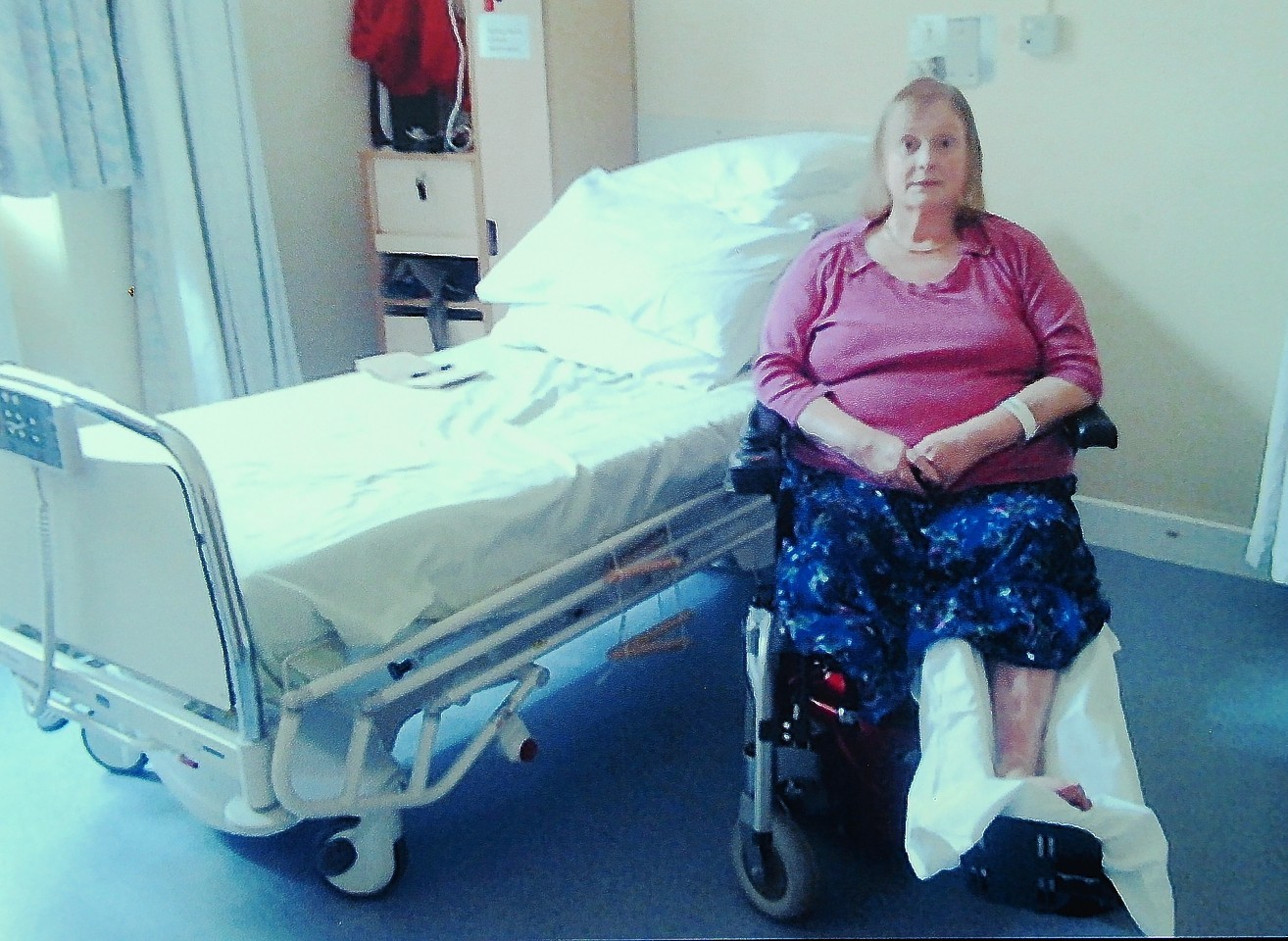An adult carer working for NHS Highland has claimed the health board could have done “much more” to recruit more people into the profession.
The Press and Journal revealed last week that a shortage of specialist care staff in the north had led to a 61-year-old woman becoming trapped in hospital.
Debbie Michie, who had her leg amputated last year, has been fit to leave hospital for almost three months.
But a shortage of carers, particularly affecting Badenoch and Strathspey where Mrs Michie lives, has meant that she has remained in hospital in Grantown.
NHS Highland has said that attracting people to the profession has proved difficult, but that funding is in place to help fill vacancies.
A carer and Unison union member contacted the Press and Journal after reading about Mrs Michie.
She said: “We desperately need new recruits but much more could have been done to fill the gaps.
“They have been working with the private sector to try and bring people in and it just hasn’t worked.
“I know of plenty of people who want to do this kind of work and have contacted our office only to be told they are not recruiting.
“What they need to do is advertise as far and wide as possible, especially in the local media, and people will come in.
“It’s like there has been an embargo on recruiting while we try to help out the private sector.”
Jean-Pierre Sieczkarek, Nairn, Badenoch and Strathspey area manager for NHS Highland, admitted the response from recruitment efforts so far had been “very limited”.
He added: “Due to this, NHS Highland’s care at home officers in Nairn, Badenoch and Strathspey have been asked to recruit new care at home workers.
“I also welcome the offer from care at home workers to increase their hours.”
Unison welcomed NHS Highland’s vow to increase recruitment in-house.
Branch secretary Janette McQuiston said: “Our members in care at home work very hard providing an essential service and it can be disheartening for them to see it criticised.
“A properly resourced care at home service will go a long way in addressing the challenge of delayed discharges in the local hospital system.”
